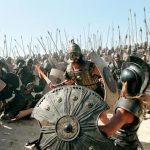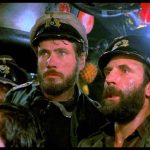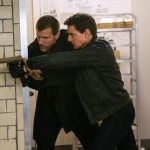The Godfather (1972)
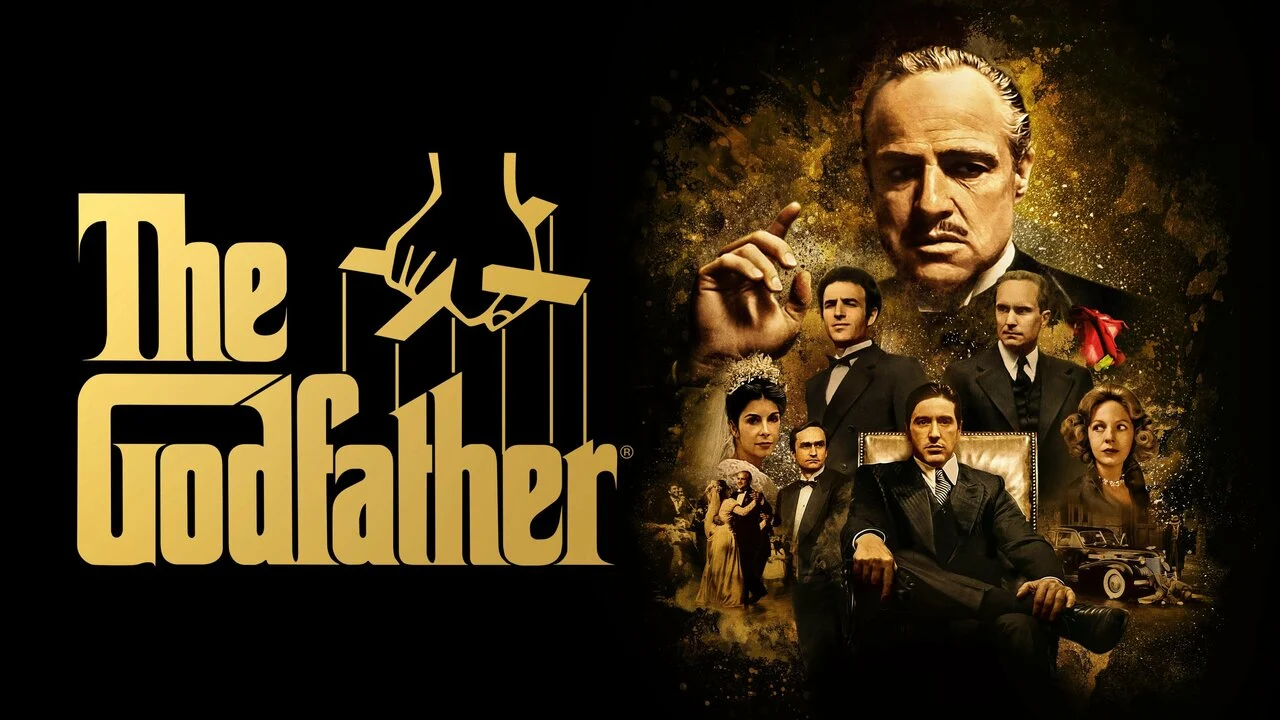
The Godfather (1972) is a critically acclaimed crime film directed by Francis Ford Coppola, based on the bestselling novel by Mario Puzo. The movie explores the powerful and often violent world of the Italian-American Corleone mafia family over the course of a decade, from 1945 to 1955. The film is widely regarded as one of the greatest in cinema history, and its impact on the gangster genre is immeasurable. With its complex characters, intricate storyline, and brilliant direction, The Godfather set a new standard for cinematic storytelling.
At the heart of The Godfather is the Corleone family, led by the aging patriarch Vito Corleone, portrayed by Marlon Brando. Vito’s world is one of organized crime, where loyalty, family, and respect are paramount. The story begins with the marriage of his daughter Connie and the subsequent attempt on Vito’s life, which forces his son Michael, played by Al Pacino, to become involved in the family business. Michael’s evolution from a reluctant outsider to a ruthless leader is one of the most compelling aspects of the film, showcasing the corrupting influence of power and the struggle between personal morals and family loyalty.
The characters in The Godfather are richly developed, with each one contributing to the film’s intricate narrative. Marlon Brando’s portrayal of Vito Corleone is legendary, earning him an Academy Award for Best Actor. His calm yet intimidating presence brings a sense of gravitas to the film, making Vito an unforgettable character. Al Pacino’s performance as Michael is equally remarkable, capturing his transformation from an innocent war hero to a calculating crime boss. Supporting characters, such as James Caan as Sonny, Diane Keaton as Kay, and Richard S. Castellano as Clemenza, add depth to the story, creating a multifaceted portrayal of family dynamics, loyalty, and betrayal.
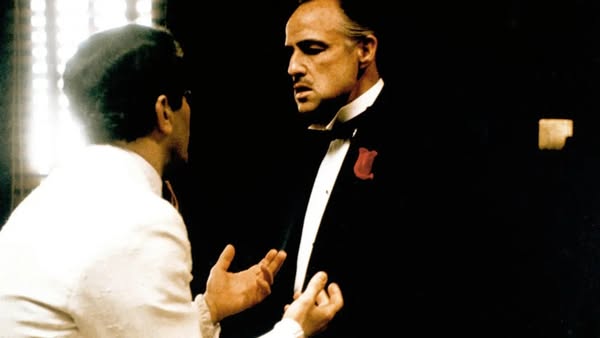
Coppola’s direction in The Godfather is nothing short of masterful. He creates a world that is both captivating and chilling, using visual techniques and lighting to enhance the mood and atmosphere. The film’s slow pacing allows for a detailed exploration of the characters’ emotions and motivations, while its careful use of violence emphasizes the brutal nature of the Corleone family’s world. The cinematography, composed by Gordon Willis, is renowned for its iconic use of shadows and dark tones, which perfectly complement the film’s themes of corruption and power.
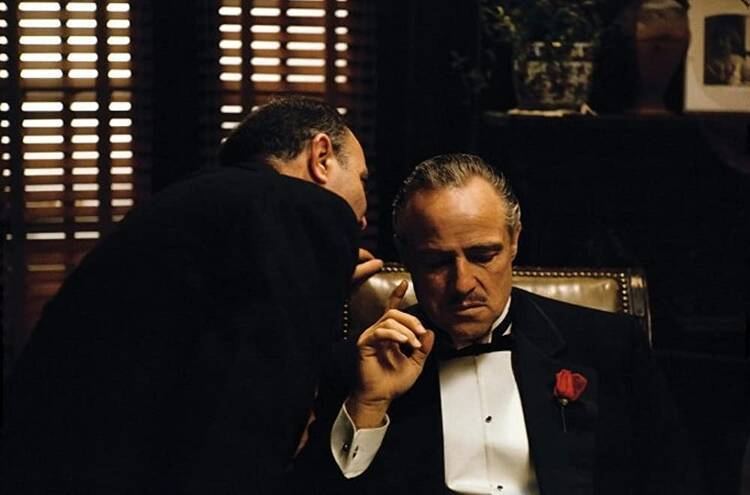
The Godfather is not only a film about organized crime but also a profound exploration of family, power, and identity. It examines the dynamics of the Corleone family, particularly the tension between Vito’s desire to maintain his power and protect his family and Michael’s eventual embrace of the family business. The film also explores the theme of legacy, with Michael’s reluctant assumption of leadership and his eventual moral decline representing the cyclical nature of violence and power within the family.
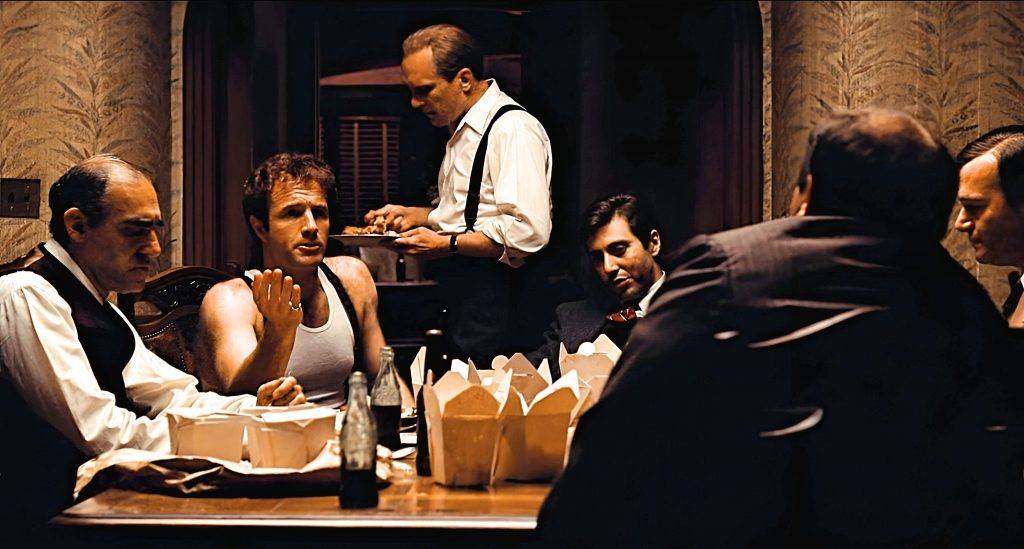
In conclusion, The Godfather stands as one of the greatest films ever made, offering a timeless story about family, loyalty, and the consequences of power. Through its brilliant performances, masterful direction, and unforgettable characters, it remains a landmark in cinematic history. The Godfather continues to influence filmmakers and moviegoers alike, cementing its place as a cultural touchstone that has transcended the genre of gangster films. It is a cinematic masterpiece that explores the complexities of human nature and the moral dilemmas faced by those caught in the web of crime and power.



